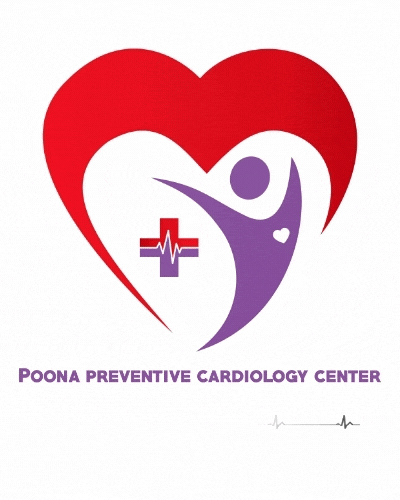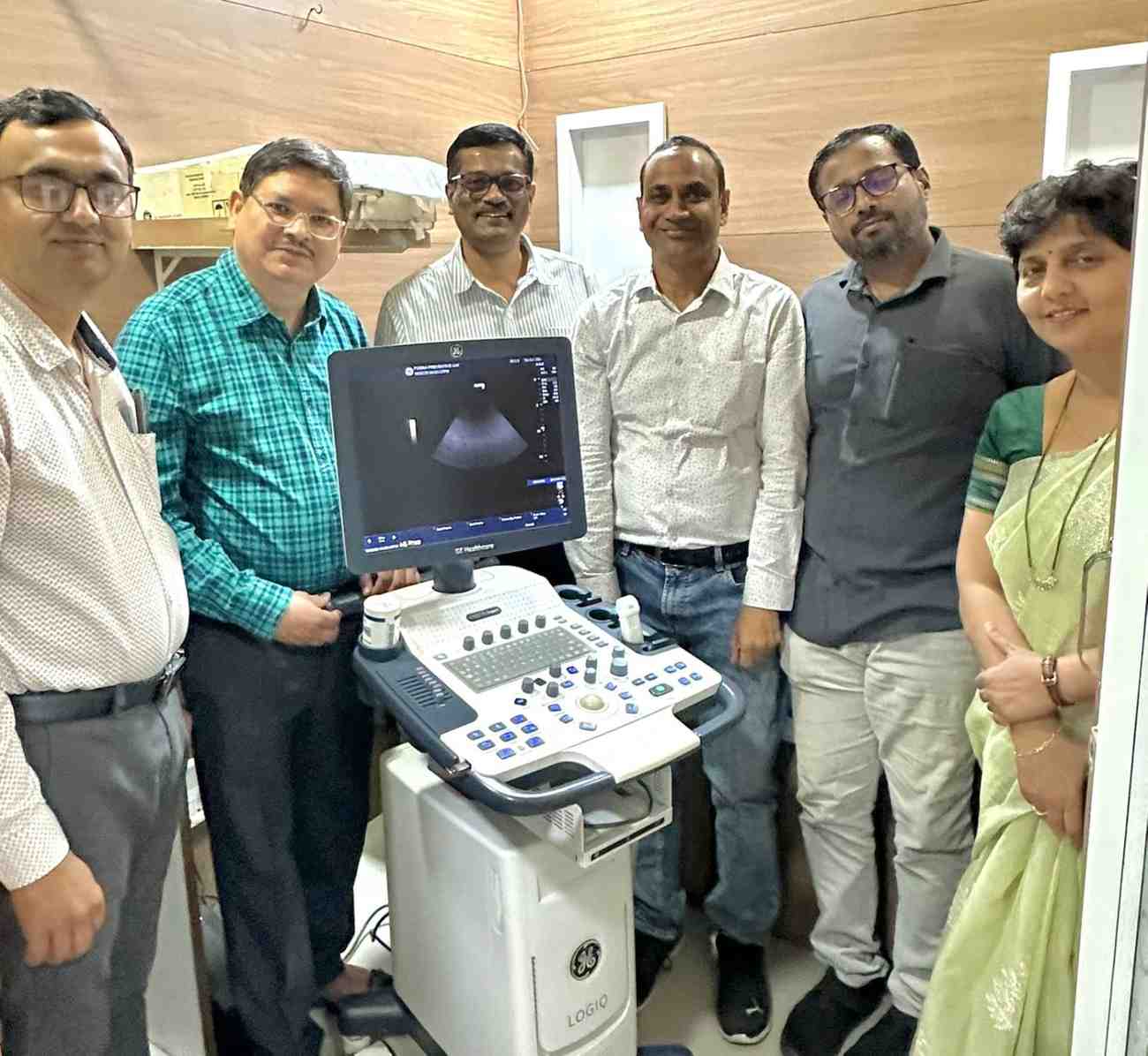Coronary Heart Disease
Coronary heart disease, also known as atherosclerosis, ischemic heart disease, or coronary artery…
View DetailsThe Poona Preventative Cardiology Centre in Pune is dedicated to the prevention and management of cardiovascular diseases. It focuses on early detection and lifestyle modifications, offering personalized care through various diagnostic and therapeutic services. The center emphasizes education, patient empowerment, and the implementation of preventive measures to improve heart health in the community. Providing non-surgical suitable options for those patients with natural bypass therapies designed to enhance your heart’s well -being ,With a team of experienced cardiologists and healthcare professionals, it aims to promote overall wellness and reduce the risk of heart-related issues.


Coronary heart disease, also known as atherosclerosis, ischemic heart disease, or coronary artery…
View DetailsEnhanced External Counter-pulsation (EECP) Or/ External Counterpulsation (ECP) can be an option when…
View DetailsElectromagnetic Regeneration Therapy (EMRT) treatment is a form of electromagnetic therapy that helps…
View DetailsExpert surgical care for complex heart conditions, including bypass surgery.
View DetailsExtracorporeal Shockwave Myocardial Revascularization, or ESMR, is one of the most successful methodologies…
View DetailsThe root causes of most heart diseases are chronic inflammation and free radical damage to the…
View DetailsErectile dysfunction is defined as the ability to sustain only brief erections or the…
View DetailsLook no further than our infrared saunas at Poona Preventive Cardiology Center!
View Details

Led by renowned cardiologists with decades of expertise in heart health and preventive care.

Offering advanced lifestyle, medical, and therapeutic interventions without invasive procedures.

Tailored treatment plans designed to match your unique heart health needs and lifestyle.

Trusted by patients for consistently delivering measurable improvements in cardiac wellness.
Patients a year
People working
Years of experience
Happy Smiles